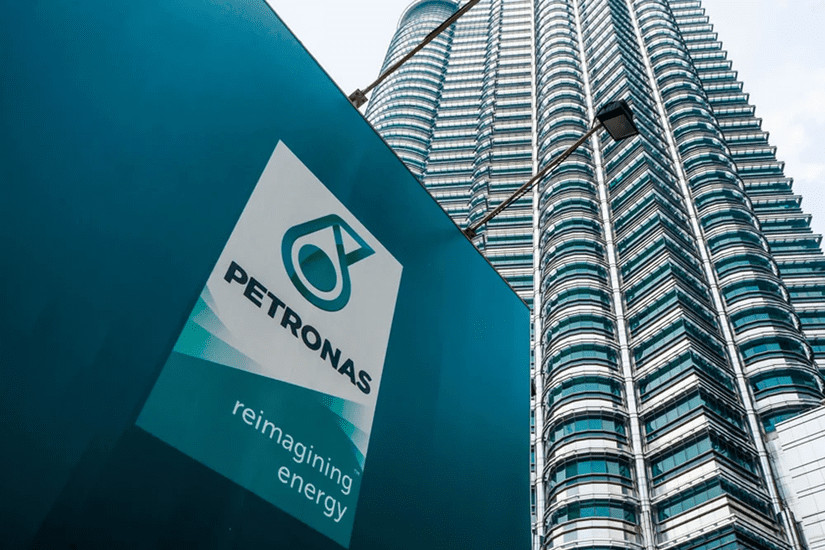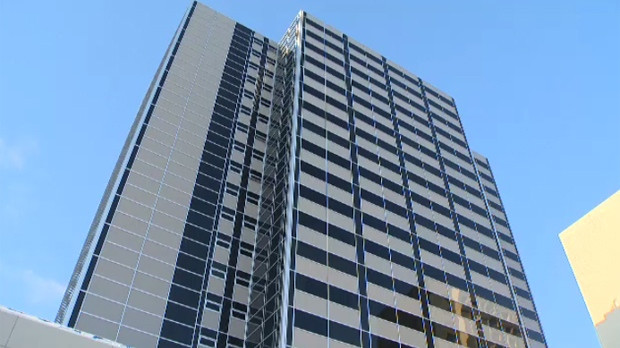Petronas, Malaysia's energy giant, reported a 19 percent decline in profit for the first half of 2024, despite a slight increase in revenue, driven by lower liquefied natural gas (LNG) prices and deconsolidation of subsidiaries. The company's profit after tax (PAT) fell to RM32.4 billion, down from RM40.2 billion in the same period last year. However, its revenue for the first half of 2024 reached RM171.7 billion, slightly up from RM169.0 billion in the corresponding period of 2023.
Revenue Growth Driven by Foreign Exchange
The company attributed the revenue growth to the impact of foreign exchange gains, which were partially offset by lower average realized prices, especially for LNG, in tandem with declining benchmark prices. Petronas's earnings before interest, tax, depreciation, and amortization (EBITDA) also decreased by 9 percent year-on-year, reaching RM64.1 billion. This decline was primarily attributed to the lower profits generated during the period.
LNG Sales Drive Growth Amidst Market Volatility
Despite the challenges posed by lower LNG prices, Petronas achieved a significant boost in its LNG sales during the first half of 2024. The company reported an 8 percent year-on-year increase in LNG sales, reaching 17.8 million tonnes during the January-June period, compared to 16.5 million tonnes in the same period last year. This growth was primarily driven by better trading opportunities and higher plant production.
Increased Investment in Upstream Activities
Petronas's capital expenditure (CAPEX) for the first half of 2024 reached RM25.7 billion, representing a 20 percent year-on-year increase. The company primarily focused its investment on the development and exploration activities in its upstream business. Domestic CAPEX also saw a significant increase of 18 percent during the period. This investment strategy reflects the company's commitment to maintaining and expanding its upstream operations, despite the prevailing market volatility.
Commitment to Energy Transition
Petronas has also been actively pursuing its energy transition strategy, emphasizing its commitment to a more sustainable energy future. The company's investments in renewable energy projects and its efforts to reduce its carbon footprint are key components of this strategy. It is also actively collaborating with partners to develop new technologies and solutions that can accelerate the transition to a low-carbon economy.
A Steady Outlook
Petronas remains optimistic about the long-term outlook for the oil and gas industry, anticipating that oil prices will remain range-bound between US$70 to US$80 per barrel in the near term. However, the company recognizes that geopolitical instability and conflicts in the Middle East pose potential challenges to the market. Nonetheless, Petronas is committed to leveraging its diverse portfolio and robust financial management to navigate these challenges and achieve its strategic objectives. The company's continued focus on energy security, fostering partnerships, and accelerating its energy transition strategy will be crucial in shaping its future success.
A Focus on Collaboration
Petronas has emphasized its commitment to collaboration with stakeholders to safeguard Malaysia's interests and support nation-building efforts. The company recognizes the importance of strategic partnerships in driving its growth and achieving its goals. This commitment to collaboration is evident in its efforts to expand its portfolio in Indonesia and Papua New Guinea. The company is also actively engaging in discussions with the Sarawak government regarding gas distribution, recognizing the importance of working together to maximize the benefits of Malaysia's hydrocarbon resources. Petronas's dedication to collaboration is a testament to its long-term vision and its commitment to building a sustainable future for all.

















